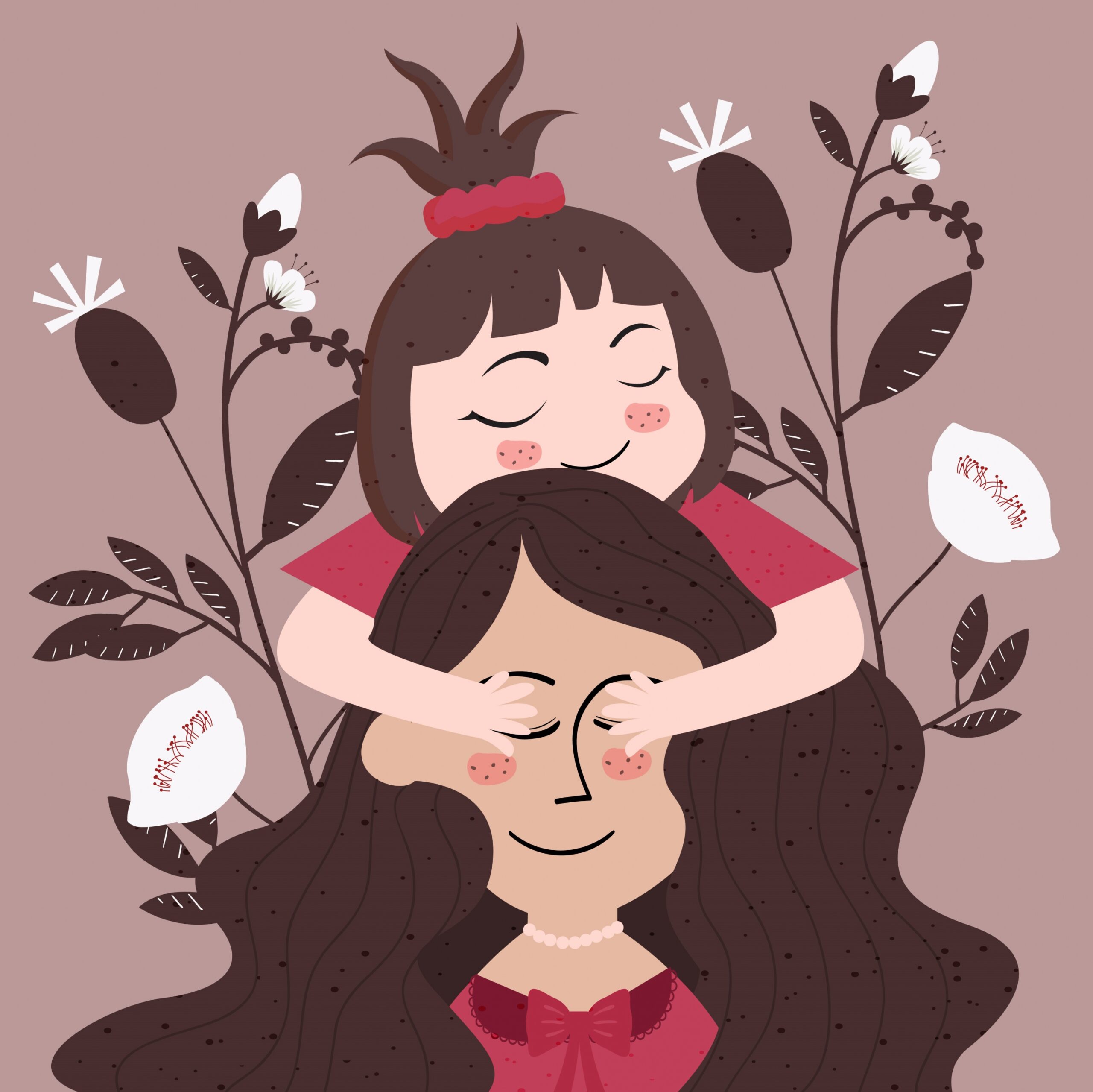Content Warning: Discussion of mental disorders and suicide.
April Tucker has written some great articles on pregnancy and working as a mom in the Audio Industry, however, I want to focus on something specific: Postpartum Depression (PPD). Currently in the United States parents have been hit hard by the lack of affordable childcare, parental leave options, other childcare support infrastructure, not to mention the earthquake in the Entertainment Industry from the COVID pandemic.
PPD is a mood disorder that affects parents after childbirth. Symptoms can occur regardless of gender and type of birth and start during the first year after birth. While it is not possible to know for sure if you will develop it, there are several risk factors: family or personal history of mental and mood disorders, addiction, lack of support, complications with pregnancy, and childbirth. Symptoms are low self-esteem, doubt, mood swings, irritability, emptiness, exhaustion, lack of concentration, inability to make decisions, poor memory, fear of the baby, thoughts of self-harm or suicide, thought of harm to baby or partner. PPD is more than just “baby blues,” it is a real and serious disorder.
You are not alone
It is estimated that 15% of women have PPD, and I am part of that 15%. My pregnancy and delivery on paper were healthy and tame. I had a great medical team assisting me, and my husband had enough medical savvy to calm any worries leading up to and during the big day. My family is full of healthy and supportive people. However, I had no local support network of friends or family, had no close “mom friends”, I upended my career to become a mother, and my birth experience traumatized me. PPD can happen to anyone, and there is no shame in that.
First consult your team: Doctor, Midwife, Doula, Lactation Consultant, Therapist, Psychologist, your child’s pediatrician. Ask whomever you already have on your side. They have the medical knowledge to help you, they want you healthy. Strength lies in knowing when to ask for help. I used the depression questionnaire as the opportunity to bring it up at my postpartum follow-up. Even with a diagnosis, life goes on and appointments don’t happen every day. Being a parent is more than a full-time job, and often parents have another job on top of it. Sometimes it can be hard to keep your head above water.
In those moments there are little things that can make life bearable:
- Take time for yourself – if not initially for yourself, then for your family
- Give yourself credit – for the little things like eating breakfast and getting out of bed, and the big things like making a child, and finishing an item on your to-do list
- Allow yourself slack – sometimes junk food is food, screentime is learning time, boxes are toys
- A notebook, journal, post-it notes, text document on your phone – inspirational quotes, triggers to avoid, things that make you smile
- Find time to sleep – sleep is the magic body regulator
- Nourish yourself – food for your body, vitamins, audiobooks for your mind, parenting is only a part of who you are
- Write letters – send them or don’t, I have several pen pals, and getting mail is a huge endorphin rush
- See if your hospital has a breastfeeding support group – often they will have advice for bottle feeding, weaning, and sleep training, and their knowledge is based on science, as an added bonus you can find other parents to network with
- Join SoundGirls Audio Moms group – some of us are seasoned veterans, others are just starting, together we can weather anything
- Walk, dance, move your body – focus on the sun, nature, or that killer beat, a great group activity
- Read YOUR favorite book to read at bedtime, or borrow one from the SoundGirls Library
Find me on the SoundGirls Audio Moms group, reach out. Also check out our video Breaking Norms: Moms in Audio and The Music Industry.
